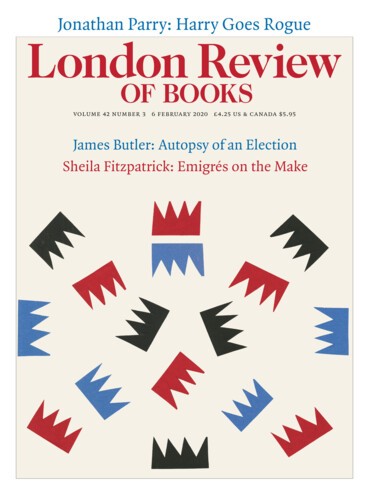The Road to Goose Green
Paul Rogers, 15 September 1983
Following the Argentine invasion of the Falklands on 2 April last year, the most significant factor determining the British response was the House of Commons debate the next day. Having gained strong support from most of the Labour Party, and especially its leader Michael Foot, the Thatcher Government was able to continue and enhance its plans for a military response, the first units of the task force sailing for the South Atlantic two days later. For the first two Weeks after the task force sailed, the great majority of people in Britain did not believe that the crisis would escalate to a shooting war. The almost universal opinion was that mediation, probably by Al Haig, would ensure some kind of compromise settlement before the task force got south of Ascension Island. But even in these early days it was becoming apparent that the Ministry of Defence was committing an extraordinarily large fleet of ships in order to end the crisis by military means. A high proportion of the modern fighting ships of the Royal Navy, almost the entire Royal Fleet Auxiliary and over fifty ships taken up from the Merchant Fleet, combined to give the Government not so much a task force as a navy, and a very substantial one at that – larger than any other West European navy with the exception of the French, and carrying a comprehensive range of armaments including nuclear weapons. Indeed, for the three months of the Falklands crisis, Britain’s normally large contribution of modern ships to Nato forces was virtually non-existent.


